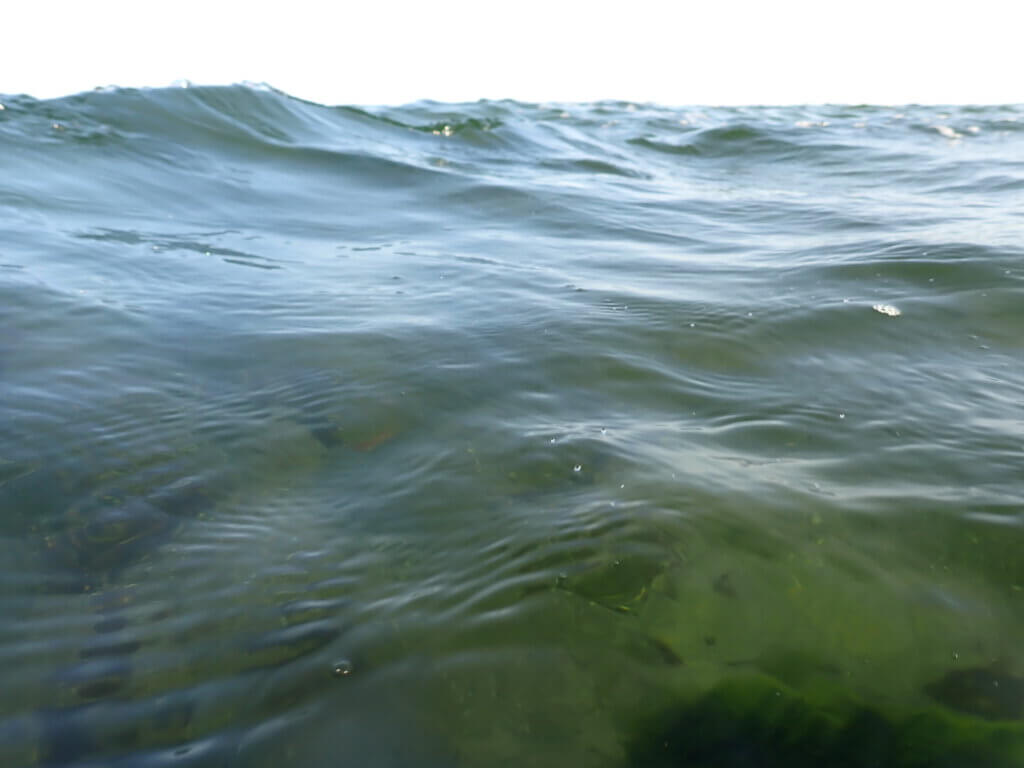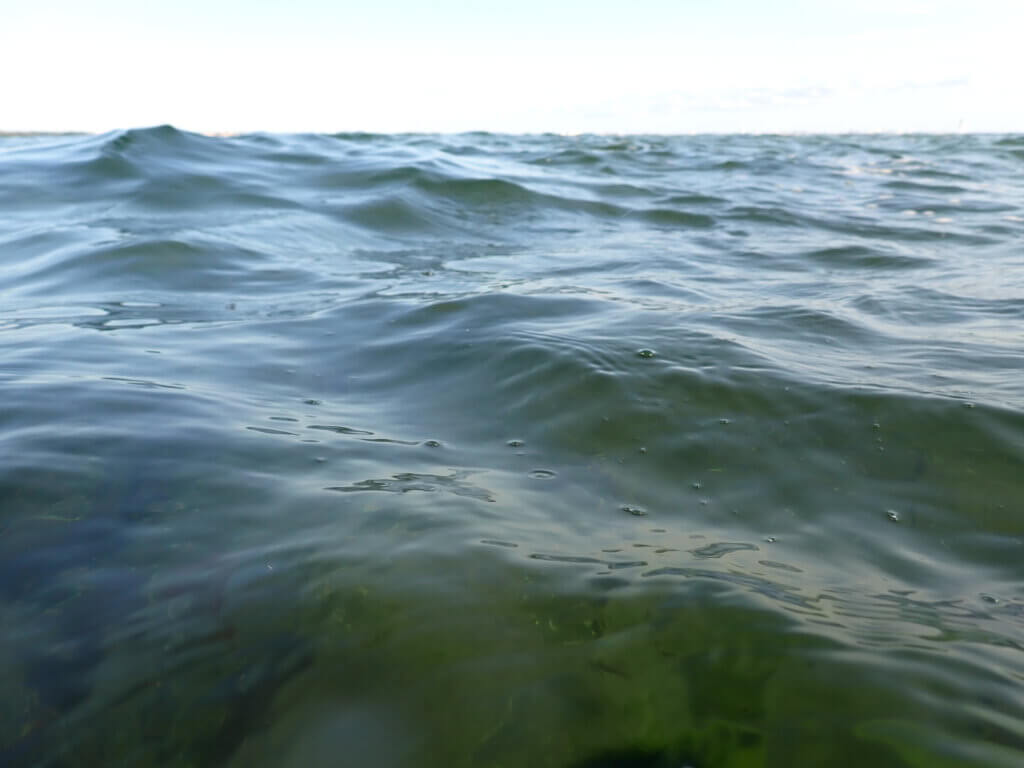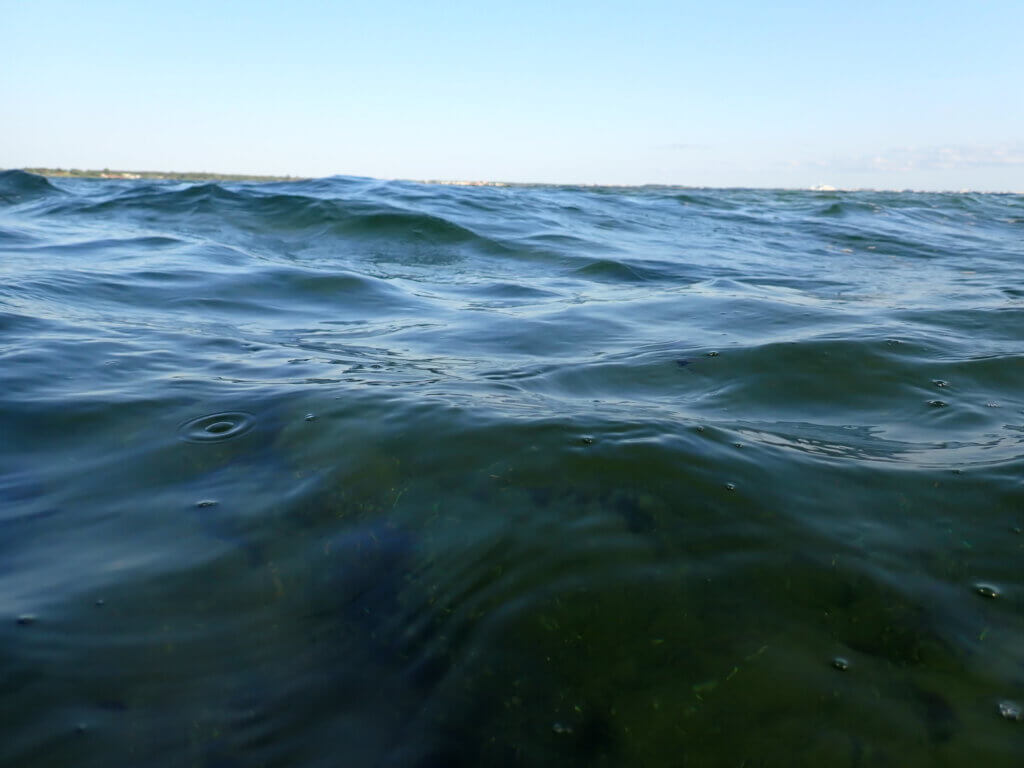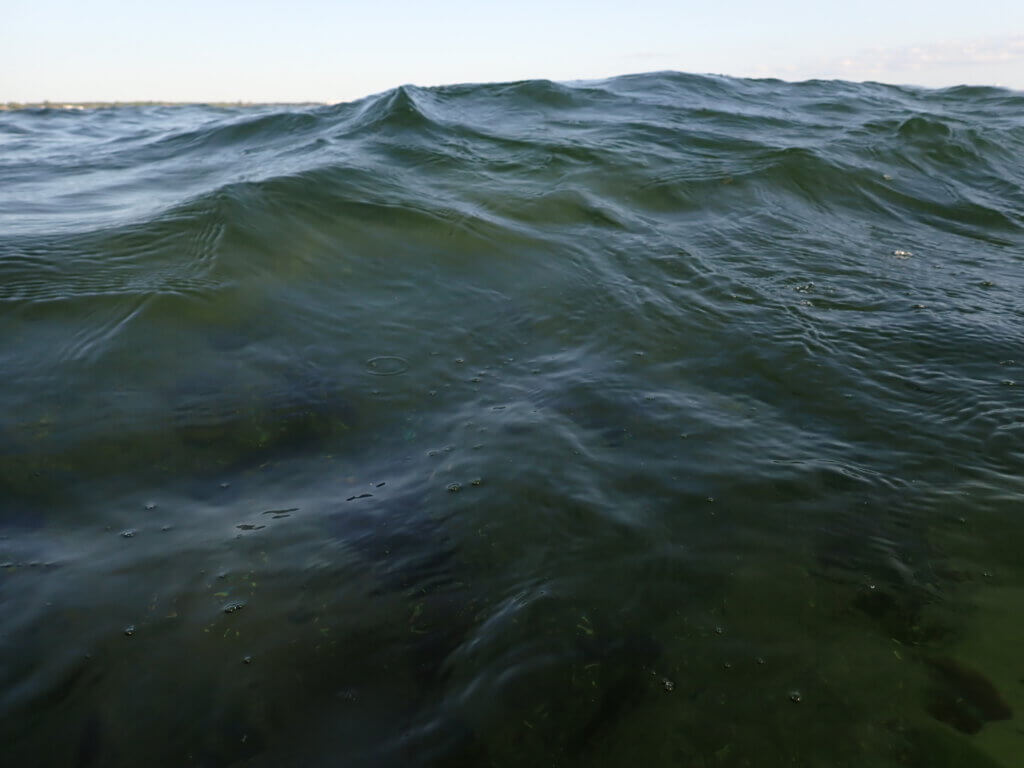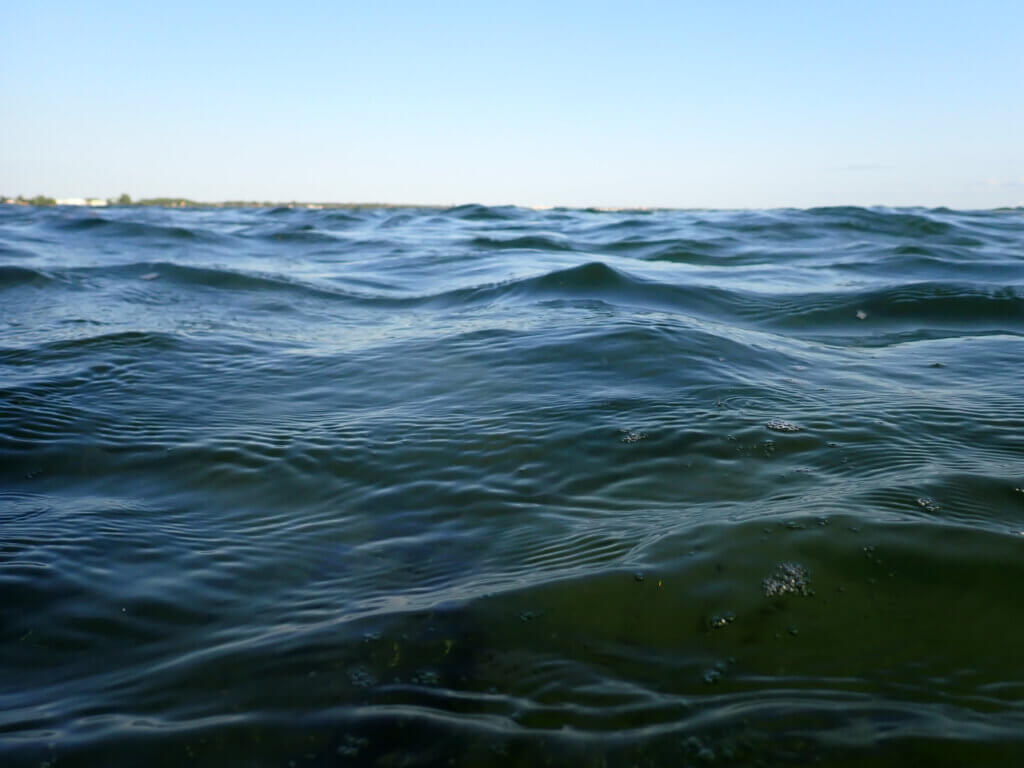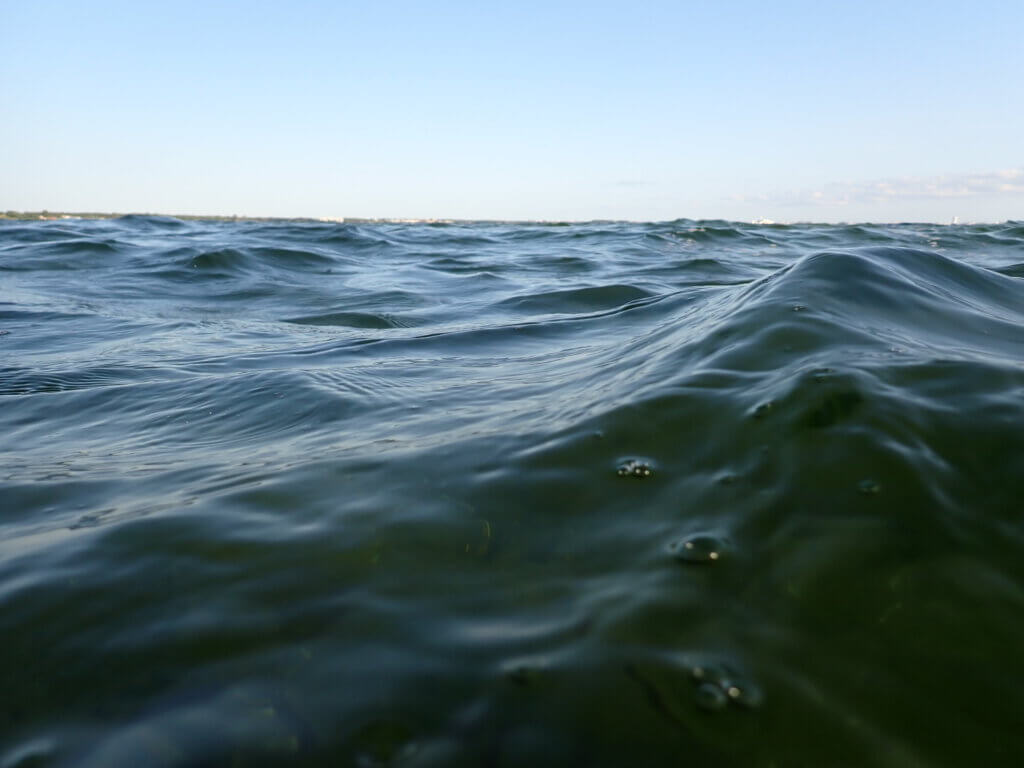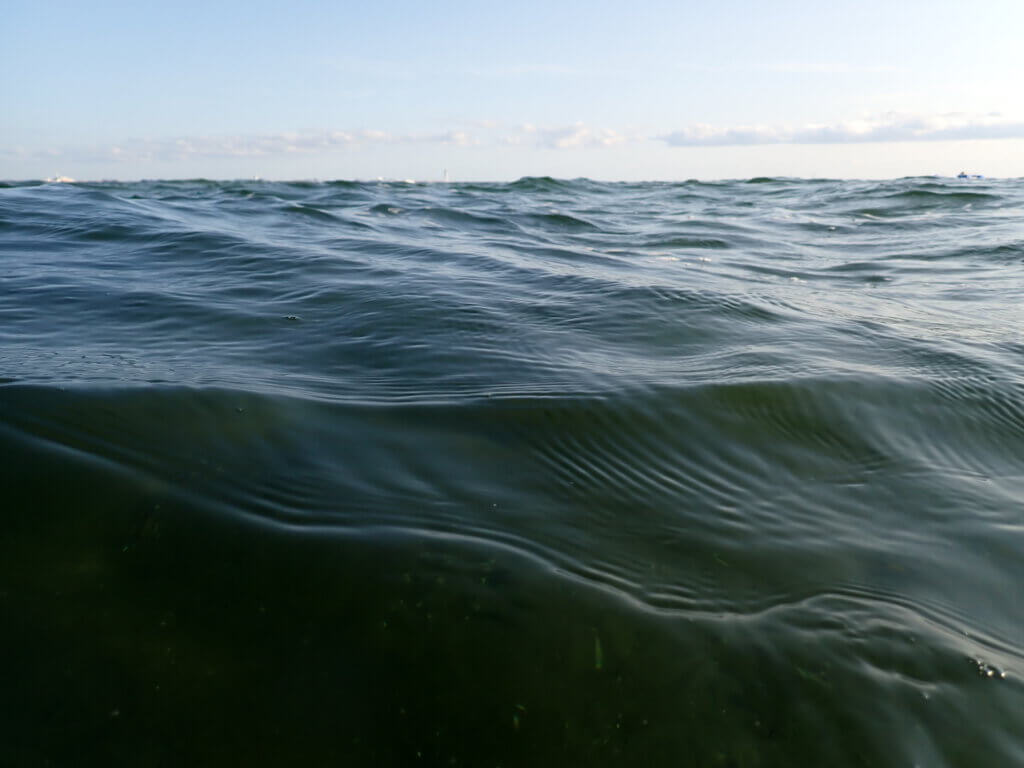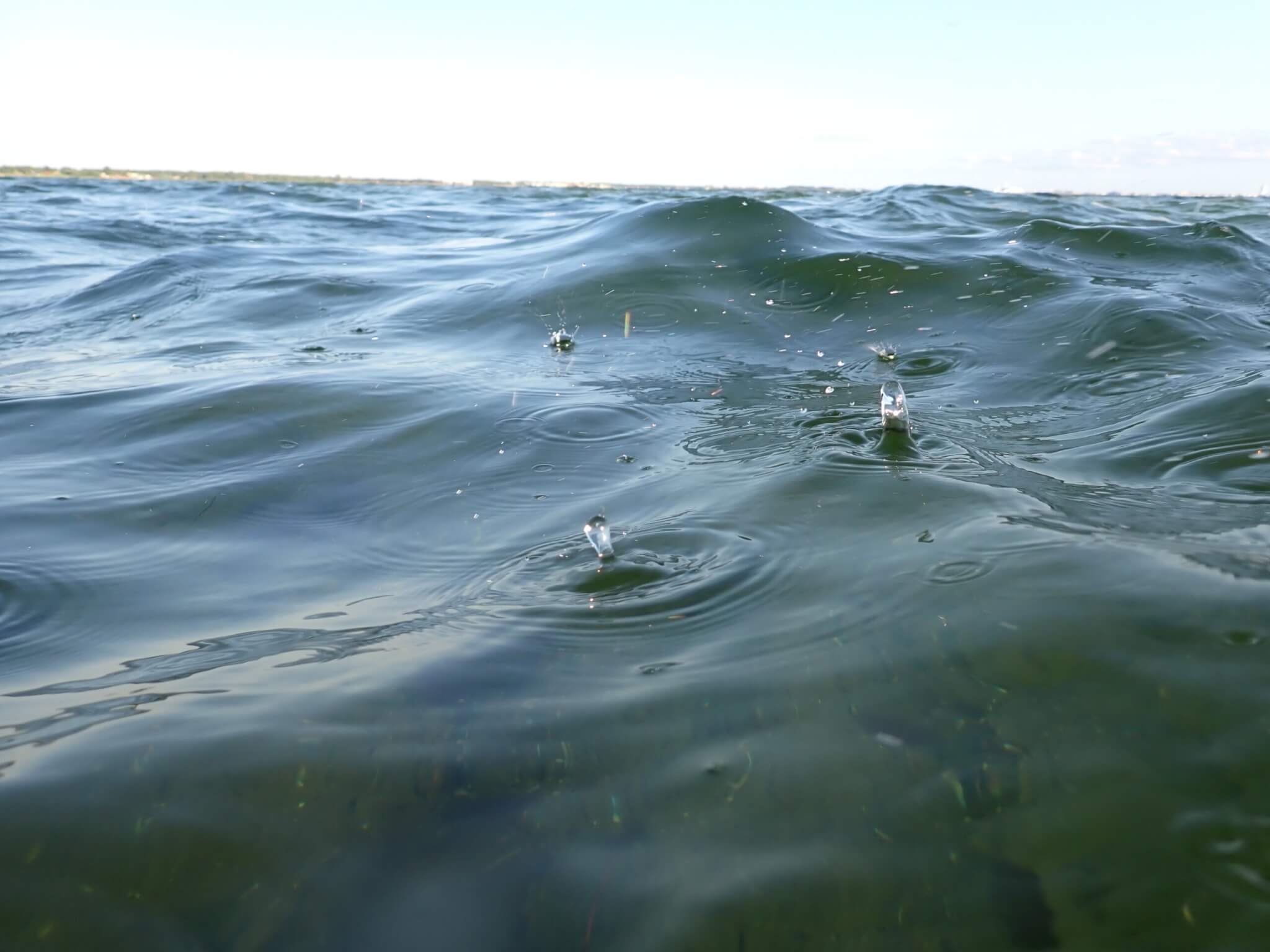
Gandolfi (2024) on the becoming, being and (re)imagining teaching in the age of environmental emergencies
I am currently talking a lot with LTH teachers to figure out what the thresholds are that make it difficult for them (and other teachers) to take action on changing their teaching to put a focus on sustainability (or the polycrises, or however you want to call the big challenges of our time). Teachers in my context do legally have a lot of freedom in what they teach, but are bound by practical constraints. For example, changes in course plans take at least a year, so any larger modifications cannot happen spontaneously. Also courses build (more or less, but anyway) on each other, so larger changes also have a trickle-down effect with potential knowledge gaps, overlaps, etc with courses that students take afterwards. The article by Gandolfi (2024) approaches the same question: What happened to, or within, teachers who — despite all these obstacles — managed to change something? My summary here!
The focus in Gandolfi (2024) is both on the UK and on environmental / climate change education, but despite teaching and also changes to teaching being highly dependent on context, I will just assume that this is transferrable both to my context, and to sustainability.
A systematic barrier that Gandolfi (2024) identify is epistemological: What kinds of knowledge should environmental education entail? In the UK, the focus is typically on knowledge-rich education, i.e. teaching about (i.e. on content knowledge), rather than for (in terms of taking action) or in the environment (i.e. outdoor pedagogy, not talking about the environment indoors in the classroom). (Note: the about, in, for here are used slightly differently than in my own Teaching about, with, in, through, for Sustainability!) This focus is based in an understanding of the purpose of education that is on knowledge delivery (“deliverlogy“), “where teachers, students and communities are not recognised as social actors, but as objects“, and where learning is measured against precisely defined learning outcomes. Teachers and students being involved in reflection and action on societal problems, working in and for the environment, is too messy in this framework. Therefore, teachers do not only not have the freedom to work in and for the environment, but they need to actively work against constraints; “being responsibilised to create for themselves possibilities to go against the grain of said system“.
So how do people create these possibilities in practice? According to Gandolfi (2024), Biesta wrote that teachers’ agency is “not something that people can have – as a property, capacity or competence – but is something that people do”, so how do they do it? To answer that question, Gandolfi interviewed 15 teachers in a framework that explored the teachers’ past, present, and future (as becoming, being, and (re)imagining).
In becoming they find two trajectories: For some teachers, wanting to do something for the environment was the motivation for becoming a teacher; and those people came into their profession already very much involved in environmental questions and activism. But for others, this developed while they were already in the profession. They underwent an “ontological shift“, i.e. “re-configuring who they have been and who they want to be as teachers“, re-thinking the purpose of their work. They felt at some point that they had to take ownership of their professional development in order to learn what they needed to learn, and also in part un-learn, or “reconfigure themselves as teachers committed to environmental education and action” (I can very much relate to that!). Interviews with these teachers “illustrate how the ontological reconfiguration needed in the field of education […] is still possible and has already been happening on the ground“.
Main findings in the being facet are that “all teachers in this study remarked on their central aim of empowering students to develop their own critical and cross-disciplinary thinking around environmental emergencies, including their links to institutions, peoples and wider socio-political structures“. Teaching practice shifts from teaching about the environment to teaching for the environment: “In common, all teachers in the study were involved in pushing for more initiatives that promoted their students’ wider engagement with the civil society, moving notions of “action” and “participation” to beyond the classroom/school and, more importantly, beyond “soft” approaches to environmental education […], such as littering and recycling initiatives.” Teachers were working not just on one-off, standalone projects like new recycling bins, which are generally supported by the existing structures, but on bigger efforts, embedded across school structures, which there is currently not typically support for. “[T]hese teachers are not simply suggesting what needs to happen in schools and classrooms for a meaningful future of environmental education in England: they have been already building and living out that alternative ontological configuration of education as part of their present practices“.
One quote is given in the article that sounds so familiar from all the interviews that I have done in my context, where teachers realize that it is on them to step up despite missing support from colleagues and leadership, because they feel a responsibility to do it, but also experience a lot of frustration due to the missing support:
“I am surprised that it takes the English teacher to step up to do all this cross-disciplinary and student-led environmental stuff myself. There’s not been much support from other colleagues because it involves extra work probably, but I feel I am morally obliged to do it because of the position we are in. So, I get frustrated by the senior leadership team who don’t have the vision. (…) And I am that pain-in-the-ass person who keeps pushing for this long-term work within the school, with senior leaders just being generally supportive but not taking the lead on implementing anything of scale. (Fiona, English, Secondary)“
Teachers in Gandolfi (2024) also describe an “uneasy professional landscape” where somone was “placed on “official watch”” so they don’t radicalize students. I haven’t heard about something like that happening in my context, but then maybe we are just not radical enough yet?
Anyway, in the future parts of the interviews, all teachers speak about the connectedness with the environment and other humans. They stress the “relevance of knowledge not simply for the sake of it, but with a purpose of empowering and supporting their students in developing their own responses to the challenges of environmental emergencies – i.e. knowledge for praxis.”
They also stress that there is a need for both bottom up (students and teachers) AND top-down (policy and frameworks) work, and feel that their “personal and professional lives as educators committed to this kind of work” — indeed that they can “reclaim a side of their profession“.
Gandolfi (2024) concludes that “[t]he narratives from the teachers who took part in this study are then not only about their hopes for the future of teaching in this age of environmental emergencies: they are at the forefront of this future-building process through their own current practices, already enacting that future“. And I think that is the lesson to learn here: We need to enact the future we want in order to get there. And before we can do that, we might have to reclaim what it means to be a teacher, especially a teacher in these times.
Gandolfi, H. E. (2024). Teaching in the age of environmental emergencies: A “utopian” exploration of the experiences of teachers committed to environmental education in England. Educational Review, 76(7), 1786-1806.
Featured image: The most dramatic picture from a recent dip. No, it was not raining that day. Luckily they missed me!
And some more wave watching pictures from that dip, enjoy!
